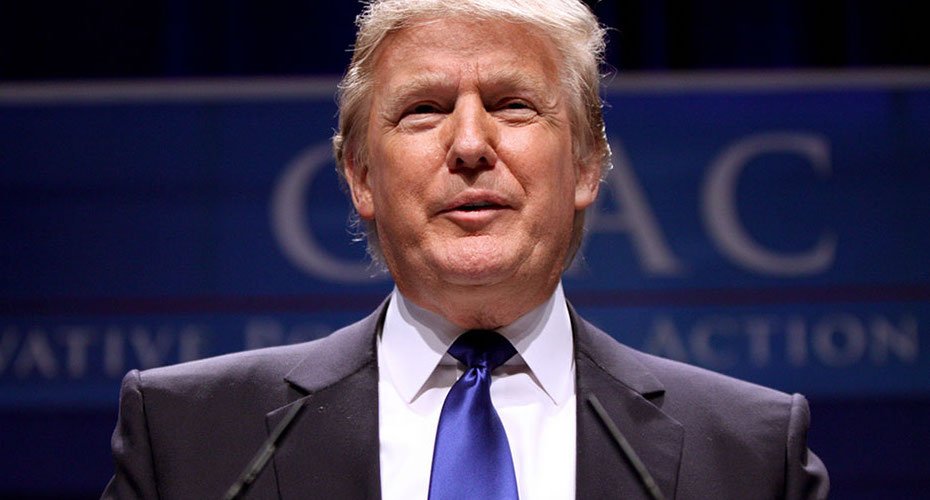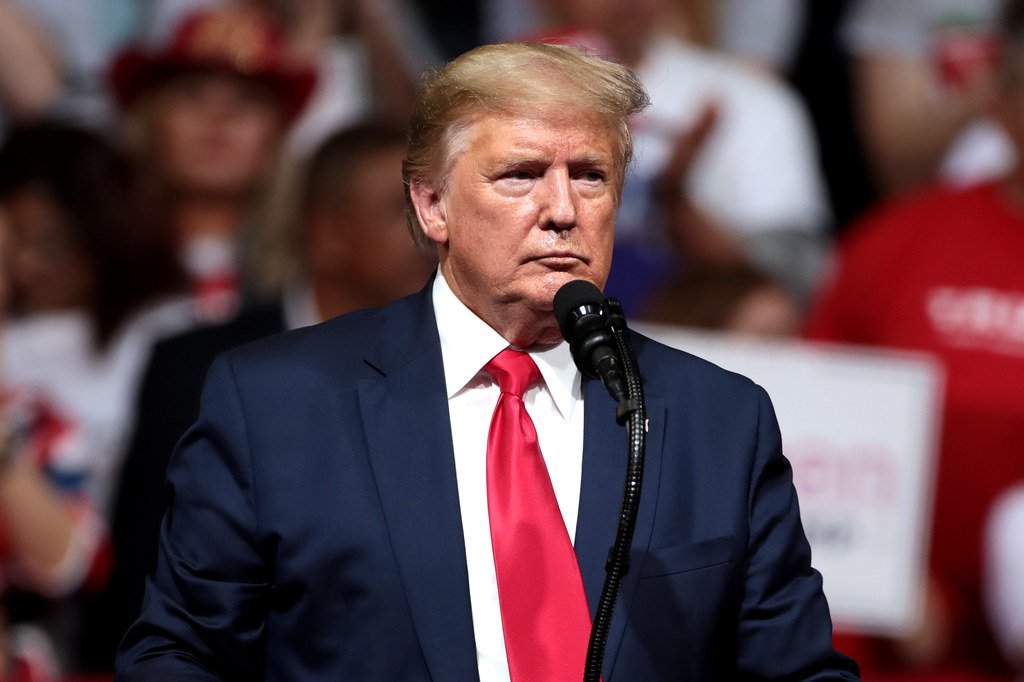Former US President Donald Trump has signed a controversial executive order aimed at expanding deep-sea mining efforts both within US territorial waters and in international waters.
The move, announced Thursday, seeks to bolster America’s access to critical minerals essential for sectors like aerospace, green technology, and healthcare. Trump’s order positions the US to accelerate exploration and extraction activities, describing the goal as making the nation a “global leader in responsible seabed mineral exploration.”
However, the decision has faced immediate criticism, particularly from China. A Chinese foreign ministry spokesperson, Guo Jiakun, stated that the US authorization “violates international law” and “harms the overall interests of the international community.” China, which currently dominates global production of rare earth elements and critical minerals like cobalt and lithium, has advocated for waiting until international agreements on seabed mining are finalized through ongoing UN negotiations.
The deep ocean floor is rich in polymetallic nodules—potato-sized mineral deposits containing valuable resources such as cobalt, nickel, and rare earths. Many countries, including members of the EU and the UK, support a moratorium on deep-sea mining until more research is conducted to assess environmental impacts.
Despite international concerns, the Trump administration pushed forward, aiming to streamline licensing and permitting processes both domestically and in “areas beyond national jurisdiction.” Officials estimate that deep-sea mining could potentially add $300 billion to the US economy over a decade and create around 100,000 jobs.
Environmental organizations and scientists have voiced strong opposition. Jeff Watters of the Ocean Conservancy warned, “Deep-sea mining is a deeply dangerous endeavor for our ocean. The damage isn’t limited to the ocean floor—it affects the entire marine ecosystem.”
Mining companies, however, argue that the environmental risks are overstated. Gerard Barron, CEO of The Metals Company (TMC), currently in discussions with the US government for mining permits, disputes claims about significant ecological harm. He argues that the abyssal zone, located 3,000 to 6,000 meters below the surface, has sparse life compared to biologically rich environments like rainforests.
Still, scientific studies remain cautious. Research by the UK’s Natural History Museum and the National Oceanography Centre, examining a deep-sea mining test site from the 1970s, found that while small sediment-dwelling species partially recovered, larger marine life failed to return. Scientists attributed this to the destruction of polymetallic nodules that take millions of years to form.
Although the executive order has been signed, the timeline for commercial deep-sea mining remains unclear. The Metals Company has expressed hopes to begin operations by the end of the year, but regulatory and environmental hurdles could cause delays.




